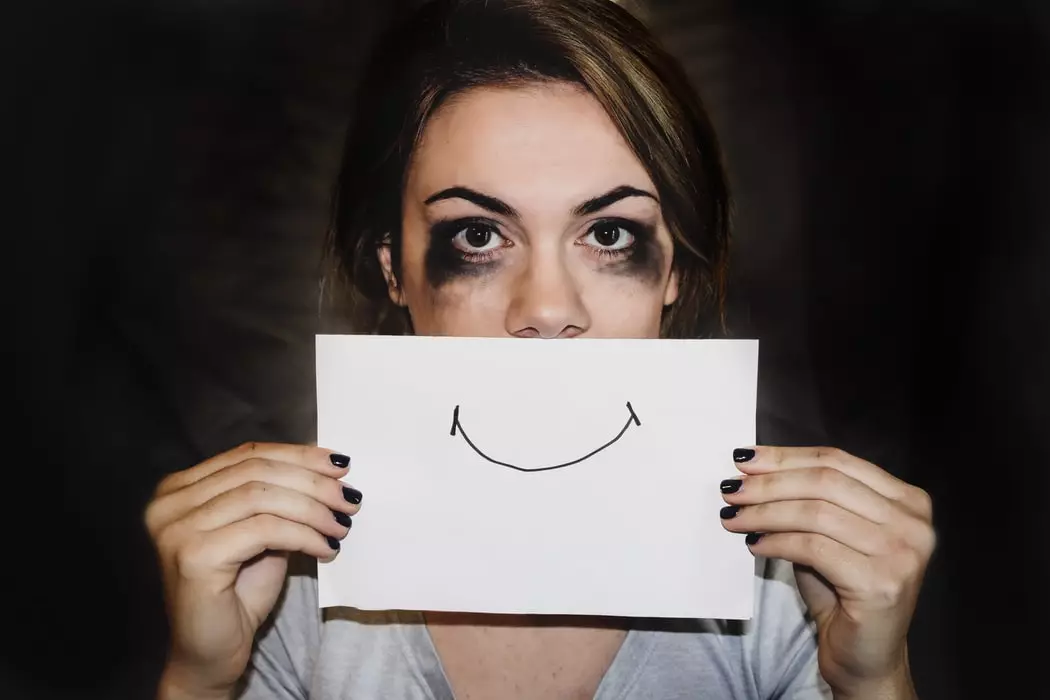Top Stories
- Know Everything About Nipah Virus, Which Is Back In Kerala Again
- Kevin Porter Jr Arrested On His Girlfriend’s Assault Charge
- Market Change Overnight - Know The 8 Things That Did It
- Who Are Alba Baptista And Chris Evans Married On The Weekend?
- Disrupted India vs Pakistan Asia Cup 2023 Match on Reserve Day
- 10 Common Foods That Contain No Calories or Are Very Low in Calories
- Men’s Styling Tips - Know the 9 Common Style Mistakes to Avoid
- Coco Gauff Beats Karoline Muchova and Reaches the US Open Final
- Danny Masterson Gets Life Sentence of 30 Years for Two Rapes
- Experience A Splendid Vacation in Kashmir with These 15 Gorgeous Sights
- India
- Saturday , July 27, 2024
- Last Published Sep 12, 2023, 6:48:32 PM

What Are Anxiety Disorders And Why You Should Care?
What comes to your mind when you hear the word anxiety? An instant picture of a person avoiding large social gatherings or someone who is fearful of moving to a new place or starting out a new job, right? Well, anxiety is a broad term, and most people suffer from it, even if they don't know about it.
What Are Anxiety Disorders?
While we think that anxiety disorders are only limited to social anxieties and phobias, it's much more than that. In case of an anxiety disorder, the feeling of fear might be with the person all the time. Anxiety can make you stop doing what you love or allow you to have an unexpected behaviour. If left untreated, your anxiety can continue to get more severe. But before finding a treatment, you must understand what kind of an anxiety disorder you are suffering from.Separation Anxiety
We all have gone through separation anxiety whenever a loved one has left us. It's indeed not an easy thing to witness after a loved one leaves you, which can trigger your fear that something terrible might happen to your loved one!Selective Mutism
This particular anxiety disorder happens when kids who interact normally with their families are unable to speak in public, like at school or any public event.Panic Disorder
Panic disorder happens when you suddenly feel claustrophobic or an intense fear that triggers a panic attack. From chest pain, palpitations to excessive sweating, a person having a panic disorder can even feel like they are having a heart attack.Social Anxiety Disorder
Social Anxiety Disorder, also known as social phobia, makes a person totally disconnected from the world. In fact, you avoid being a part of any social gathering as it triggers your fear of being judged. People suffering from a social anxiety disorder generally have low self-esteem and constantly worries about being embarrassed or ridiculed.Medication-induced Anxiety Disorder
There are certain medications or illegal drugs that can trigger an anxiety disorder.Anxiety Disorder Symptoms
- Shortness of breath
- Heart palpitations
- Nausea
- Panic or fear
- Inability to concentrate
- Tense muscles
- Unable to stay calm
- Sleep problems
- Dry mouth
- Dizziness
Risk Factors Associated With Anxiety Disorder
These factors make you more vulnerable towards developing an anxiety disorder:- Trauma or posttraumatic stress disorder
- Substance abuse such as the use of alcohol and illegal drugs
- Low self-esteem
- Childhood sexual abuse
- Being shy as a child
- History of any mental health disorder such as depression or bipolar disorder
- Cut down on caffeine-rich foods and drinks
- Get better sleep
- Practice meditation
- Seek support from your near and dear ones
- Eat right and exercise
- Practice journal writing
- Manage your negative thoughts
- Cut down alcohol or any recreational street drugs.
Disclaimer - The texts with tips or advice mentioned here are only for generic information, but not for a substitute of medical advice. Before applying any advice or tips, you should consult a respective doctor or expert. ATT is not responsible if you have any bad impacts on your health.












